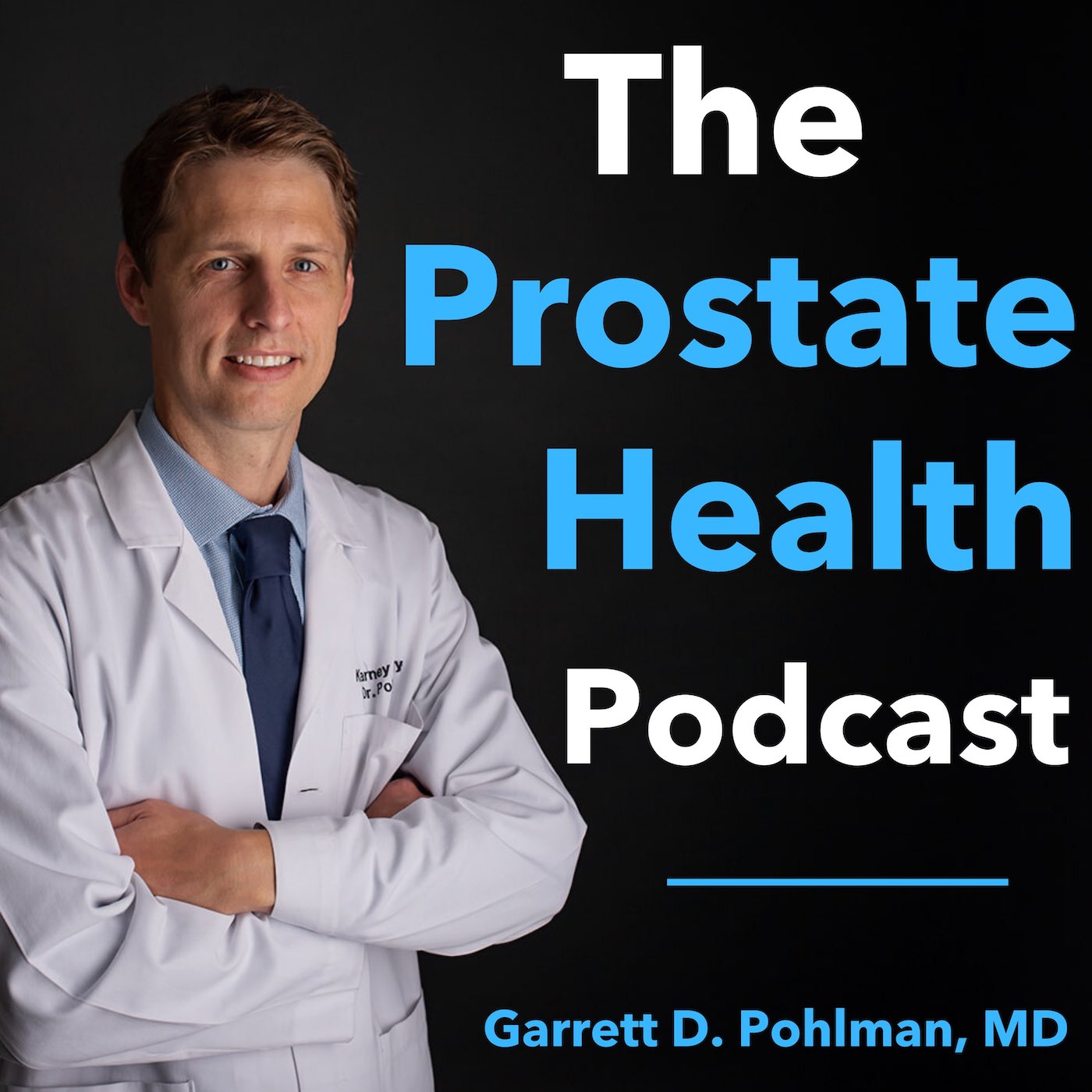We have urologist, Dr. Will Parker, from the University of Kansas Medical Center, joining us as our guest on today’s podcast. We will be talking about everything you need to know about radical prostatectomy for men with prostate cancer. As a result of technology and research, there are now more options than ever before.
About Dr. Parker:
Dr. Parker is an expert when it comes to prostate cancer. His training included a Urologic Oncology fellowship at the Mayo Clinic in Rochester, Minnesota. He is currently a practicing urologist at the University of Kansas Health System and an assistant professor at the University of Kansas Medical Center.
Dr. Parker’s Experience with Radical Prostatectomy
Dr. Parker is helping lead the way for fellow urologists and trainees in managing prostate cancer, as well as evaluating new and innovative techniques for surgery in men with prostate cancer to improve their quality of life. Be sure to listen in, to hear what Dr. Parker has to say about the different approaches to prostate removal.
Disclaimer: The Prostate Health Podcast is for informational purposes only. Nothing in this podcast should be construed as medical advice. By listening to the podcast, no physician-patient relationship has been formed. For more information and counseling, you must contact your personal physician or urologist with questions about your unique situation.
Show Highlights:
- Dr. Parker explains what a prostatectomy is and for how long it’s been around.
- Some of the potential consequences of removing the prostate, as a result of cancer.
- Other risks that men need to be aware of when being counseled about the option of radical prostatectomy for prostate cancer.
- Dr. Parker explains why he would never advocate the removal of the prostate for a non-cancerous reason.
- Some of the more traditional approaches to radical prostatectomy.
- Dr. Parker explains what a robot is and why we use them in prostate surgery.
- What patients can expect with a traditional robotic approach to a transperitoneal prostatectomy.
- As a result of the surgery, there will be slight lifting restrictions after a transperitoneal prostatectomy.
- Regaining urinary control after a transperitoneal prostatectomy.
- Converting from a robotic approach to an open approach to prostatectomy is sometimes necessary when treating cancer.
- Dr. Parker describes some of the more innovative radical prostatectomy techniques.
- How the robotic extraperitoneal prostatectomy differs from the Retzius sparing prostatectomy.
- Dr. Parker discusses the robotic perineal prostatectomy.
- Dr. Parker explains how he counsels his patients in terms of the percentage of men who will regain their urinary control, and how long it will take.
- Because of a cancer diagnosis, options for men in terms of the preservation of their sexual function.
- Dr. Parker explains how the decision is made in terms of offering nerve-sparing, versus doing a wide dissection.
- How Dr. Parker counsels his patients in terms of the success rate of nerve-sparing.
- How long it could take for men to start regaining their sexual function after radical prostatectomy.
- What Dr. Parker recommends for his patients, in terms of penile rehabilitation after having a prostatectomy.
- How a patient can choose which approach will be best for them when they find they are faced with a cancer diagnosis.
Links and resources:
Follow Dr. Pohlman on Twitter and Instagram – @gpohlmanmd
To get your free What To Expect Guide, go to www.prostatehealthpodcast.com/clinic
Or find the link on our podcast website – www.prostatehealthpodcast.com
Coming Soon Membership Opportunities in The Prostate Health Academy
We’d also like to thank our partners:


Recent Comments